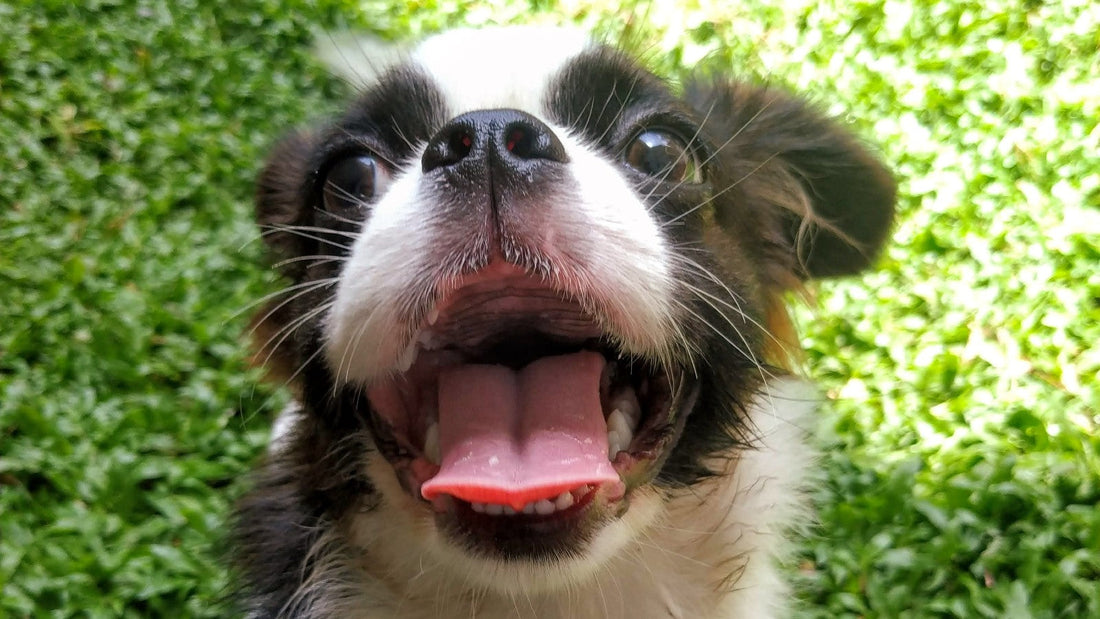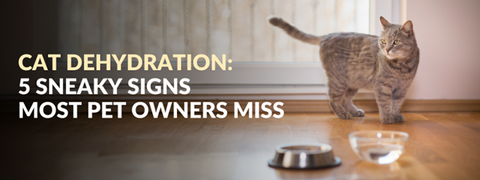
Why does my dog's breath stink?
Addiction Pet Foods

Sometimes, halitosis in dogs or bad dog breath isn't just about poor oral hygiene. It can also signify underlying health issues such as liver and kidney diseases. If you want to know more about how you can prevent bad breath and keep gum diseases at bay, take the time to read this short article.
Common causes of bad breath in dogs
Food stuck in your dog's mouth
Food can get stuck in your dog’s mouth, which causes bacteria build-up and, ultimately, bad breath. That’s why it’s essential, especially for smaller dog breeds more prone to periodontal disease, to get their teeth cleaned regularly. VCA Hospitals recommend brushing at least three times a week to remove plaque and keep their teeth tartar-free.
Liver disease
As mentioned previously, certain diseases can affect the smell of your dog’s breath. If their mouth smells rotten and you notice other concerning symptoms like vomiting and diarrhea, take your dog to the veterinarian at once to get them tests like complete blood count (CBC) and urinalysis.
Kidney disease
The ammonia-like smell in your dog's breath can be a sign of a kidney problem. Kidney diseases happen when the kidneys are unable to eliminate waste. The build-up in the bloodstream affects their breath, causing it to smell like urine.
How to get rid of breath that smells
A kiss is a universal gesture that brings us closer to our loved ones. The same can be said even for our four-legged companions. So, to keep their breath smelling neutral, here are some things you can do.
Visit a veterinarian
When taking care of pets, it's always best to err on the side of caution. Before you try home remedies to fix your dog's stinky breath, rule out any possible underlying health conditions first. Depending on the severity of the underlying health issue, your dog's bad breath will begin to clear up as soon as the problem is detected and treated.
Brush your dog's teeth
Make sure to use toothpaste specially formulated for dogs. It should be free from xylitol, fluoride, and sodium lauryl sulfate (SLS). If your dog is new to tooth brushing, start with a finger brush. This helps them get used to their gums and teeth being rubbed or touched. Make sure to use light pressure to keep the experience anxiety-free.
Give them quality food
The food your dog eats makes a difference. Some dry dog foods are made with fillers, additives, and artificial preservatives, which can contribute to plaque and tooth decay. Go for all-natural dog food that uses gourmet-quality ingredients to reduce their chances of developing plaque build-up.
Try Wishbone’s grain-free, dry dog food made with premium, free-range proteins from New Zealand. It’s also infused with aromatic and nutrient-dense herbs like Rosemary, Basil, oregano, Thyme and peppermint to help improve their overall health.
Wishbone is prepared in small batches to ensure freshness. It's free from corn, soy, wheat, fillers, by-products, artificial preservatives, and harmful additives.
Share this article with a fellow pet parent to help them care for their furbaby's teeth! – wishbonepet.co.nz
Photo by E Norton: https://www.pexels.com/photo/dog-in-close-up-photography-13084699/




